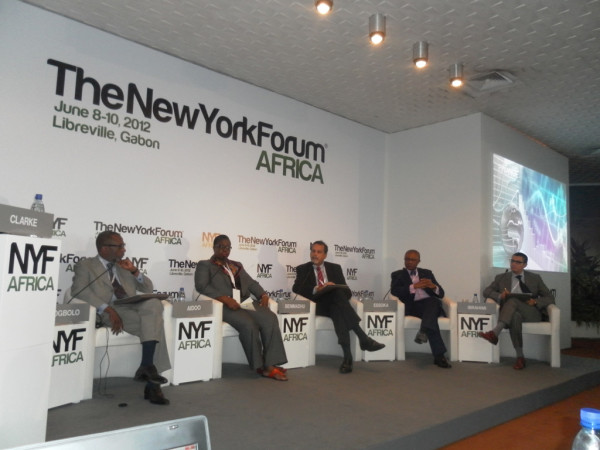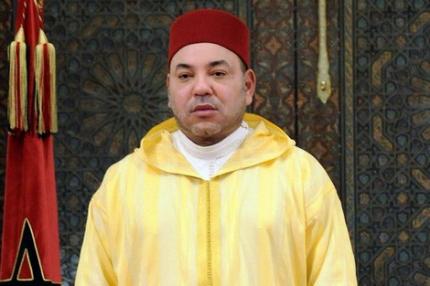Kenya’s President William Ruto has called on African leaders to take first steps towards ditching the US dollar as the world’s reserve currency by adopting a pan-African payments system to facilitate trade within the continent.
Ruto has urged his African counterparts to mobilize central and commercial banks to join the Pan-African Payments and Settlement System (PAPSS) which was launched in January last year. Backed by the African Union and African central banks, the system for intra-African trade was developed by African Export-Import Bank (Afreximbank) and African Continental Free Trade Area (AfCFTA) Secretariat.
“We are all struggling to make payments for goods and services from one country to another because of differences in currencies. And in the middle of all these, we are all subjected to a dollar environment,” Kenya’s president said during a forum on AfCFTA in Nairobi earlier this week. “We do not have to look for dollars; our businessmen will concentrate on moving goods and services, and leave the arduous task of currencies to Afreximbank.”
This comes as many experts have increasingly raised the prospect of whether the BRICS grouping — Brazil, Russia, India, China and South Africa — could break the grip of the globally-bullish greenback.
Africa, and South Africa in particular, could be critical to any efforts to dislodge the US dollar from its place at the foundation of the world’s financial systems. Behind the intensifying geopolitical rivalry between the United States and China are quieter initiatives that could have much greater impact in the long run: a series of moves by the BRICS bloc of countries to challenge the dominance of the greenback. The BRICS leaders would prefer the upcoming summit in South Africa to be known as a key milestone in their efforts to move away from the Western-dominated world order that has reigned since the end of the WWII – and to embrace a more diverse and representative global economic system, which would move away from a US-dollar dominance.



